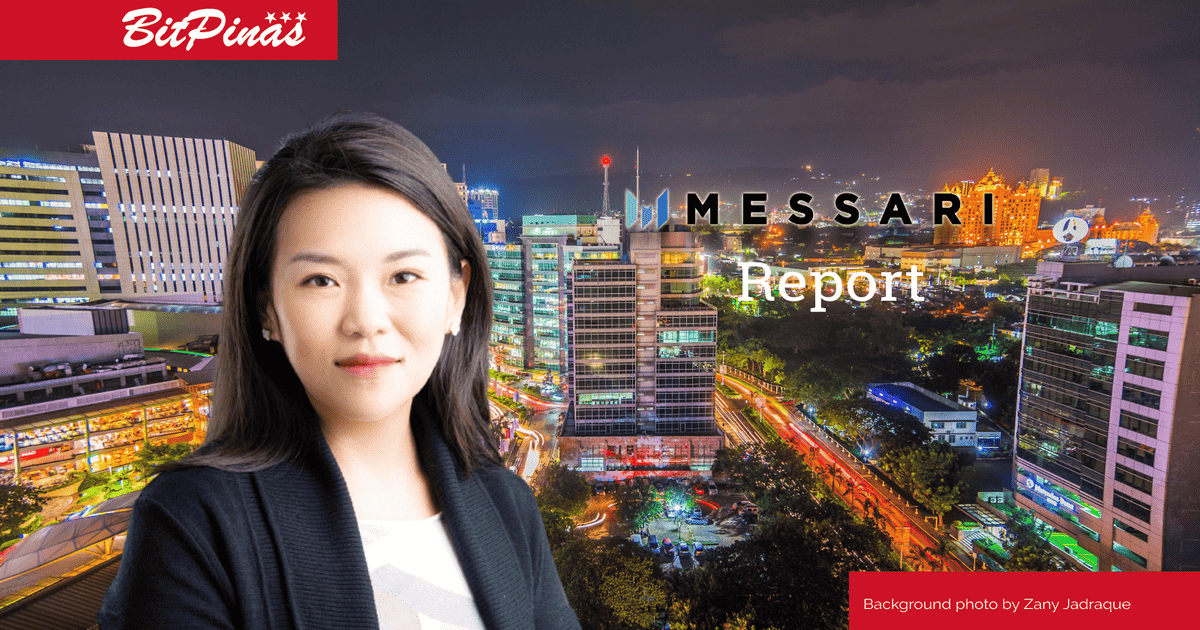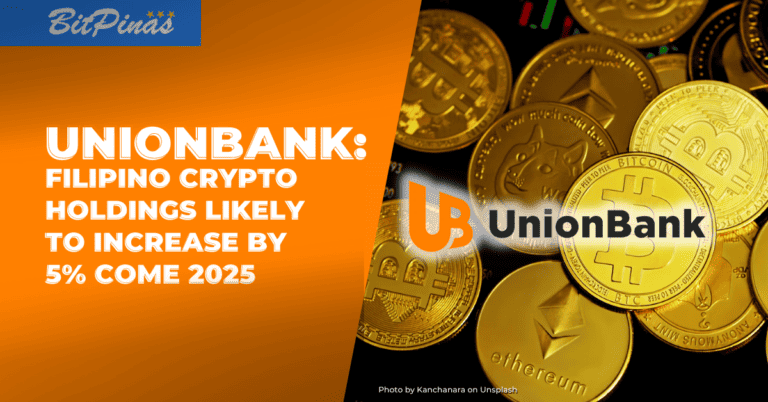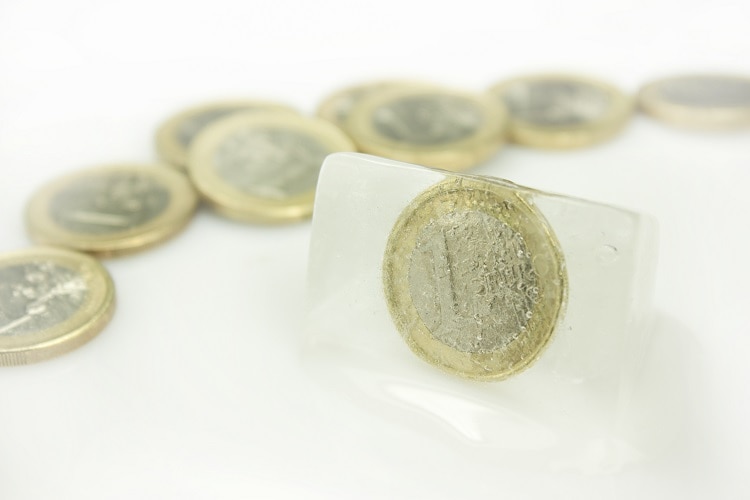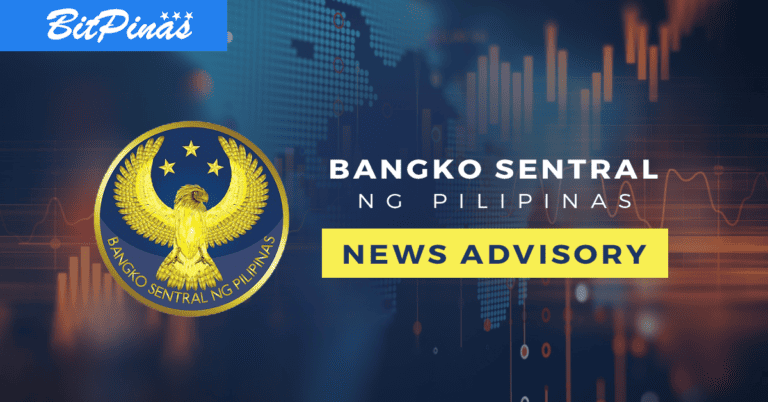Philippines has High Crypto Adoption, Mature Ecosystem, Says Messari Report
The Philippines has regulators who have a developmental mindset towards crypto as well and citizens with the highest ownership of cryptocurrency according to a new report from data analytics firm Messari.io.

The Philippines has regulators who have a developmental mindset towards crypto as well as citizens with the highest ownership of cryptocurrency according to a new report from data analytics firm Messari.io.
Blockchain for Money Transfer
In the report “Mapping Asia’s crypto landscape,” Messari researcher Mira Christanto said crypto initially penetrated the Philippines as a solution to financial inclusion and remittance services. With 10% of the GDP from remittances alone, coupled with 80% of FIlipinos still without a bank account, enterprises have employed the use of blockchain technology to facilitate transfer of money from abroad, as well as from the metro to the provinces, the research noted.
The latest data from the BSP said the share of adults who now own bank accounts has climbed to 29%, attributed to two reasons – the need to go digital to minimize the spread of COVID-19 and the rise of digital banks as well as traditional banks now allowing users to open bank accounts through mobile apps.
For those without bank accounts, e-wallet apps have filled this gap. Some of them, including Coins.ph are using blockchain to facilitate money transfer.
Likely due to Coins.ph, the increase in P2P interest on Paxful and Binance, the wide network of InstaPay and Gcash, and crypto-friendly banks like UnionBank, the Philippines has the highest ownership of cryptocurrency as a percentage of internet users aged 16 to 64 as per Jan 2020 report from Hootsuite.
Forward Looking Regulation
Christanto has also observed that regulators in the Philippines have adopted a developmental mindset towards crypto, citing the work of the Bangko Sentral ng Pilipinas (BSP) and the Securities and Exchange Commission (SEC) in the industry. Circular No. 944 from the BSP that explains the requirements for virtual currency exchanges (now called virtual assets service providers or VASPs) as well as the SEC’s interpretation of applying local securities laws on initial coin offerings have created an environment that is forward looking when it comes to crypto.
“This has since helped to create fintech jobs and reduce high remittance fees of 7-8%,” Christanto remarked. Of course while transfer costs might have been reduced, there’s still the matter of cashing out where there is cost as well.
But while regulation is forward looking, she also cited overlaps, such as the case of the Cagayan Economic Zone Authority, which created a sandbox for blockchain companies in the Northern Philippines. The intention is to boost the area’s economic vitality, but companies incorporated in the economic zone are not exempted from banking or national securities laws, Christanto explained.
Coins.ph and PDAX
The research highlighted two of the sixteen VASPs in the Philippines. Coins.ph has already reached 10 million users, supporting four cryptocurrencies, while serving not just as a fiat onramp and offramp but also as a gateway to bills payment and online services.
80% of PDAX’s exchange volume is from institutions that facilitate remittances like MoneyGram, Christanto said, adding that because of this, the aggregate volume of XRP-PHP on the platform is high. PDAX, the research noted, is also one of the main lobbyists for more crypto regulations in the Philippines.
It should be noted that half of the licensed virtual currency exchanges in the country are now operational although volume varies from one exchange to another. While enterprise and institutional interest is present (based on PDAX’s assertion and the fact that some sellers on Paxful and Binance P2P are requiring high minimum amount before facilitating trading), retail interest has also increased recently based on Binance P2P launching in the Philippines last year and Paxful’s increase in transaction volume through all of 2020.
This article is published on BitPinas: Philippines has High Crypto Adoption, Mature Ecosystem, Says Messari Report




